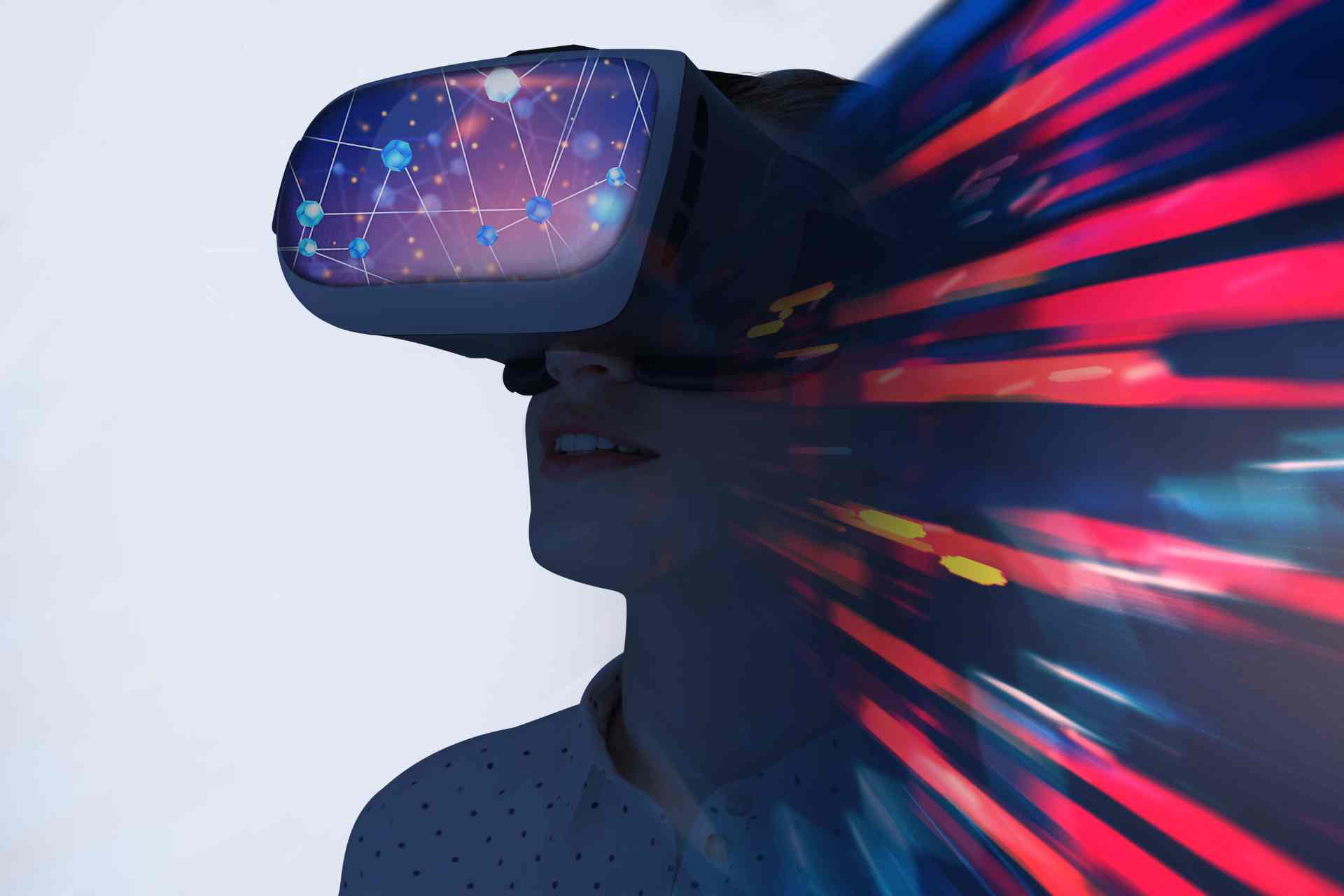VR and Neurorehabilitation: A Healing Partnership
Exploring the Wonders of Virtual Reality in Neurorehabilitation
Welcome to an enlightening blog by AINS Apex Institute of Neuro Spine, where we dive into the groundbreaking world of Virtual Reality (VR) and its incredible potential in neurorehabilitation.
While AINS specializes in advanced neurological care, we believe in sharing valuable insights on innovative therapies. In this blog, we will explore the integration of Virtual Reality in neurorehabilitation and its promising impact on patients' recovery and overall well-being.
Understanding Virtual Reality in Neurorehabilitation:
What is Virtual Reality (VR)?
Virtual Reality is an advanced technology that creates immersive, computer-generated environments that replicate real-world scenarios. VR users wear a headset that transports them to a virtual world, enabling a 360-degree experience.
The Rise of VR in Healthcare:
In recent years, Virtual Reality has witnessed increasing adoption in healthcare, particularly in neurorehabilitation. Its ability to simulate realistic scenarios and engage patients in a controlled environment makes it a powerful tool for therapeutic applications.
The Role of Virtual Reality in Neurorehabilitation:
VR for Motor Skills Recovery:
For patients recovering from neurological injuries or conditions, regaining motor skills is a significant challenge. Virtual Reality-assisted therapy offers interactive exercises that focus on motor skill development. Patients can engage in activities like reaching, grasping, and walking within the virtual environment, enhancing their motor function and coordination.
Cognitive Rehabilitation with VR:
Virtual Reality also plays a crucial role in cognitive rehabilitation. By presenting cognitive tasks in a stimulating and engaging manner, VR helps patients improve memory, attention, and problem-solving skills. Cognitive exercises in virtual environments promote neuroplasticity, the brain's ability to reorganize and form new connections.
Advantages of Virtual Reality in Neurorehabilitation:
Immersive Therapy Experience:
One of the key advantages of VR in neurorehabilitation is its immersive nature. Patients feel as though they are physically present in the virtual environment, which can motivate them to participate more actively in therapy. This heightened engagement can lead to improved outcomes and a sense of accomplishment.
Personalized Treatment Plans:
Virtual Reality technology allows therapists to customize treatment plans based on individual patient needs and progress. By adjusting the difficulty level and complexity of virtual exercises, therapists can tailor the therapy to each patient's specific goals and abilities.
Virtual Reality Assisted Therapies at AINS:
VR Integration in Neurorehabilitation:
Although AINS Apex Institute of Neuro Spine does not currently offer Virtual Reality services, we recognize the potential of this technology in improving neurorehabilitation outcomes. We are dedicated to staying informed about cutting-edge therapies to enhance patient care continually.
Collaborations and Research:
At AINS, we believe in fostering collaborations and engaging in research to explore the efficacy of Virtual Reality in neurorehabilitation. We stay connected with researchers and experts in the field to understand the latest advancements and potential applications of VR technology.
Success Stories and Testimonials:
Patient Experiences with VR:
Real-life accounts of patients who have benefited from Virtual Reality-assisted neurorehabilitation provide valuable insights into the positive impact of this technology. Their stories highlight the transformative potential of VR therapy in enhancing recovery and quality of life.
Therapist Insights:
Therapists play a critical role in implementing Virtual Reality-assisted therapies. Hearing from experienced therapists about their observations and successes in using VR technology gives us further confidence in its potential as a complementary neurorehabilitation tool.
Future Prospects of Virtual Reality in Neurorehabilitation:
Evolving VR Technology:
As Virtual Reality technology continues to evolve, we can anticipate more sophisticated and realistic virtual environments tailored to specific neurorehabilitation needs. Advancements in hardware and software will pave the way for even more personalized and effective VR-assisted therapies.
Integrating VR in Standard Care:
With ongoing research and positive outcomes, there is potential for Virtual Reality to become an integral part of standard neurorehabilitation care. As the benefits of VR therapy become more widely recognized, it may be integrated into neurorehabilitation programs worldwide.
Conclusion:
In this informative blog, we have explored the wonders of Virtual Reality in neurorehabilitation. While AINS Apex Institute of Neuro Spine doesn't currently offer VR services, we believe in staying informed about cutting-edge therapies to enhance patient care.
Virtual Reality's potential to revolutionize neurorehabilitation is awe-inspiring, and we look forward to the day when it becomes an integral part of the journey towards recovery and improved neurological well-being.
FAQ 1: What is Virtual Reality (VR) in neurorehabilitation?
Virtual Reality is a technology that creates immersive, computer-generated environments to aid neurorehabilitation by engaging patients in interactive exercises.
FAQ 2: How does Virtual Reality benefit neurological recovery?
Virtual Reality facilitates motor skill recovery and cognitive rehabilitation by offering realistic and personalized therapy experiences.
FAQ 3: Is Virtual Reality safe for neurorehabilitation?
Yes, Virtual Reality is safe when used under the guidance of trained therapists. It provides controlled and monitored exercises to aid recovery.
FAQ 4: Can Virtual Reality be customized for individual needs?
Absolutely! Virtual Reality allows therapists to tailor treatment plans to each patient's unique goals and abilities for optimized results.
FAQ 5: Does AINS offer Virtual Reality-assisted neurorehabilitation?
While AINS doesn't currently provide VR services, we actively explore advancements in therapies to enhance neurological care.
























